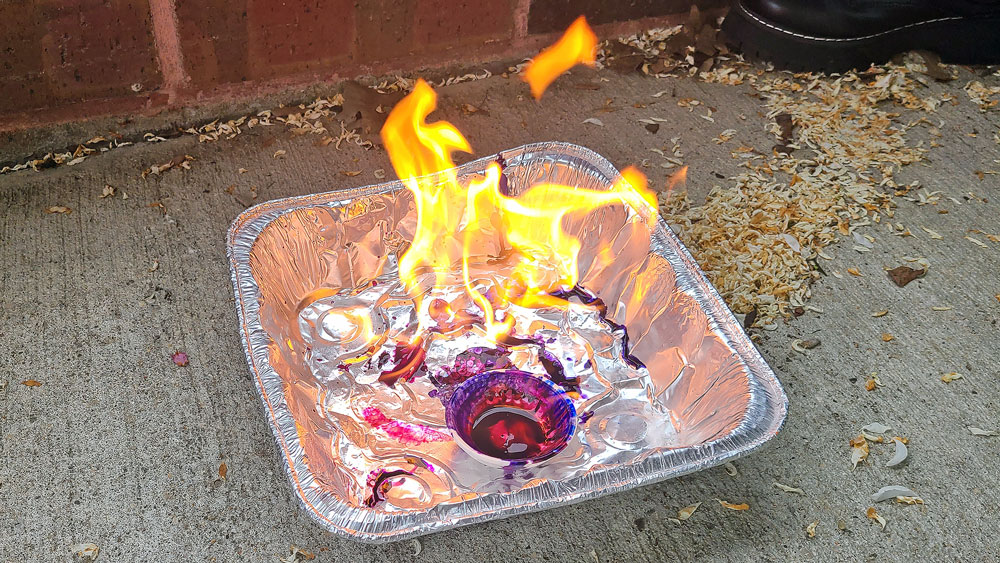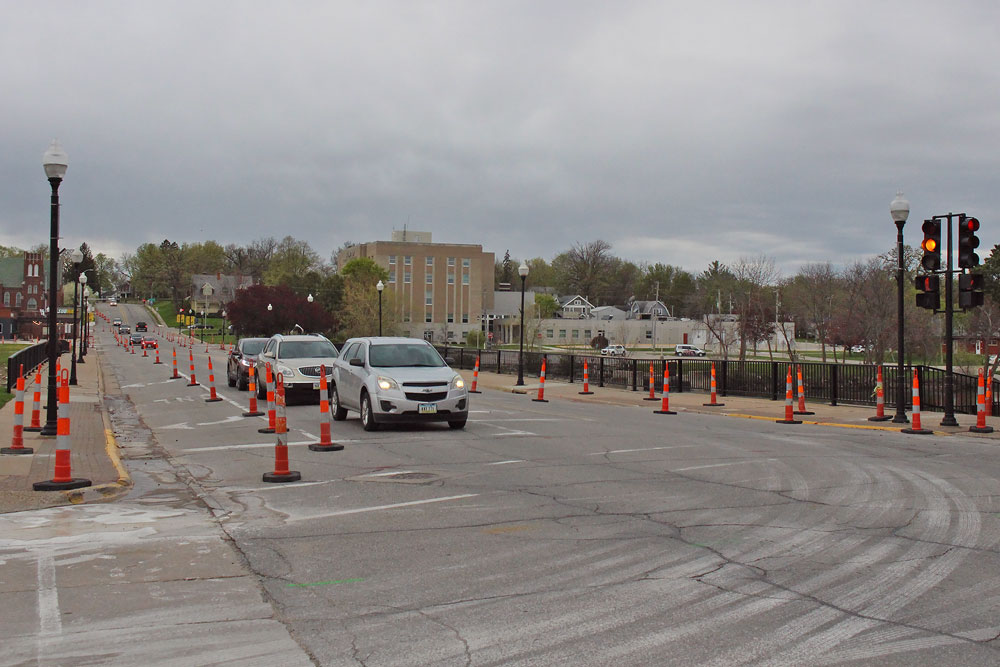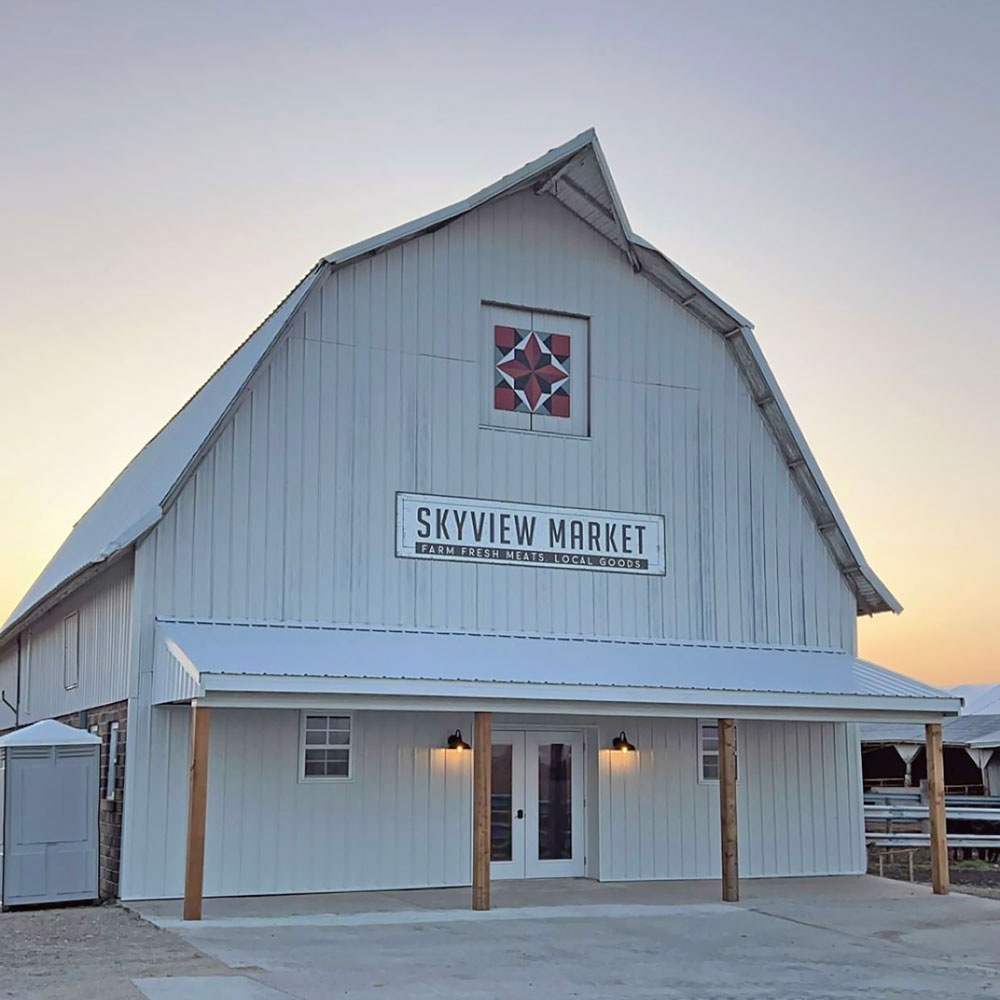Summit permit decision in Iowa not expected until next year
By Jared Strong, Iowa Capital Dispatch
A monthslong evidentiary hearing for Summit Carbon Solutions’ pipeline permit in Iowa concluded this week with the final remaining testimony of landowners in the path of the company’s project.
That sets the stage for the Iowa Utilities Board to make a decision about whether to grant the company a hazardous liquid pipeline permit, grant it with modifications to the company’s proposal, or deny it.
State law does not dictate when that decision must be made, but those who are participating in the proceedings will have an opportunity to submit substantial written arguments based on the evidence gathered during the hearing.
The board has indicated that those written briefs — of up to 150 pages in length — will be due six weeks after transcripts of the full hearing are available.
“We don’t know exactly when it’s going to be (due), but it will probably be about the middle of January,” said Wally Taylor, an attorney for the Sierra Club of Iowa, which opposes the project.
There is expected to be a further three-week window in which participants can submit replies to those briefs.
Summit’s permit request in Iowa is part of a five-state plan to transport captured carbon dioxide from ethanol plants to North Dakota for underground sequestration. More than 680 miles of its proposed pipeline system would be laid in Iowa.
The company had sought an IUB decision by the end of the year, but its evidentiary hearing went much longer than the company and the board had planned. It began Aug. 22 and was anticipated to conclude by the end of September, but testimony stretched into October and led to a monthlong pause due to scheduling conflicts.
The hearing resumed this week and ended Wednesday. Rather than lasting six weeks, the hearing concluded about 11 weeks after it began. The company heralded its conclusion as “a significant event in the progress of the transformative pipeline project.”
“The project stands as a testament to Summit’s commitment to creating new opportunities for farmers, strengthening existing agricultural markets, and ensuring the sustained success of the ethanol industry,” the company said Thursday.
What’s at stake
The more than $5 billion project would span about 2,000 miles and is meant to collect generous federal tax credits for sequestering carbon dioxide and for the production of low-carbon fuels. The company has profit-sharing agreements with more than 30 ethanol producers, which would also be able to sell their fuels in new markets.
Ethanol producers that are able to sequester the carbon dioxide they would otherwise emit into the atmosphere have the potential to more than triple their profits, according to a study commissioned by the Iowa Renewable Fuels Association, which advocates for policies that benefit the ethanol industry. However, it’s unclear how much ethanol plants will benefit by connecting to Summit’s proposed system because their agreements have been shielded from public view.
Those who oppose the project argue it’s improper for Summit to use eminent domain to obtain land easements from unwilling landowners because the project doesn’t benefit the public in a similar fashion as natural gas pipelines, electricity transmission lines or highways.
Summit has said its project benefits the public by reducing greenhouse gas emissions and by boosting the ethanol industry, which is an important market for Iowa corn. More than half of the state’s corn is used to produce the fuel.
The company said it has signed easement agreements for about three-quarters of its route in Iowa. The easements allow Summit to build and operate the pipeline on land it doesn’t own.
Landowners who oppose the project also worry about long-term damage to their farmland and underground tiling that might result from pipeline construction. They’re further concerned about pipeline ruptures that could endanger people and animals.
Project delays
Summit had initially planned to have its pipeline system in operation sometime in 2024.
Although the permit process in Iowa is expected to extend into next year, the delay is overshadowed by the company’s setbacks in North and South Dakota.
Both states denied Summit’s initial permit applications. North Dakota is in the process of reconsidering the company’s proposal with modifications, but there is no deadline for that process to complete.
Summit has indicated it will reapply for a permit to build its pipeline through South Dakota, but it has declined to say when that will happen. The permit process in that state typically takes no more than a year.
After those setbacks, the company announced in October that the pipeline system will not be operational until early 2026.
Iowa Capital Dispatch is part of States Newsroom, a network of news bureaus supported by grants and a coalition of donors as a 501c(3) public charity. Iowa Capital Dispatch maintains editorial independence. Contact Editor Kathie Obradovich for questions: info@iowacapitaldispatch.com. Follow Iowa Capital Dispatch on Facebook and Twitter.









Social Share